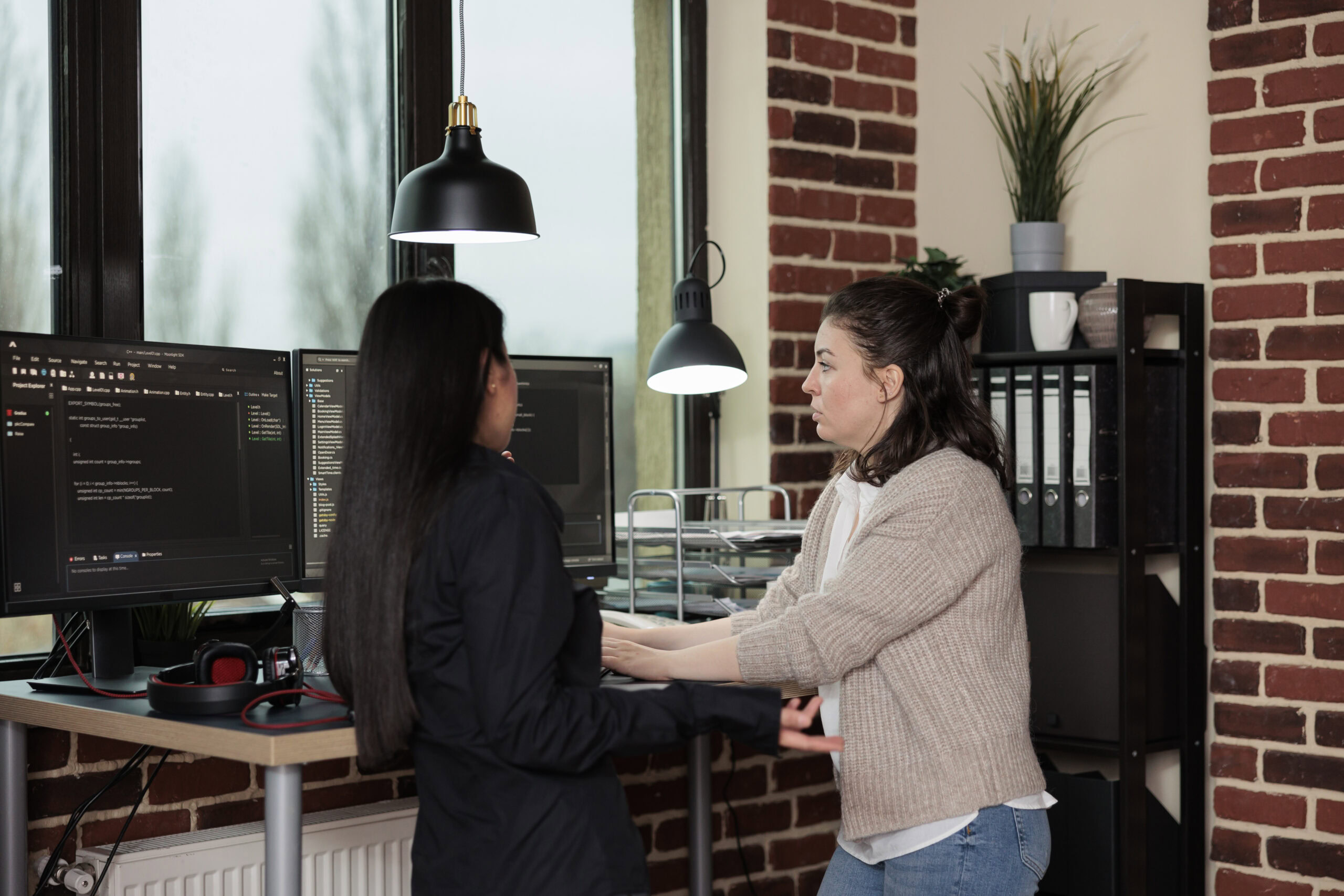
Remember those days when you felt like you needed a complete overhaul to get your life in order? Maybe you bought all the fancy planners, downloaded every productivity app, and even tried waking up at 4 AM, only to find yourself back at square one a few weeks later. It’s easy to get caught in the trap of thinking productivity requires grand gestures or a complete personality transplant. We’ve all been there, feeling overwhelmed by the sheer volume of advice out there, wondering if we’re just not cut out for this “productive” life.
But what if I told you that the secret to unlocking massive productivity gains isn’t about radical change, but about something far simpler? It’s about embracing the philosophy of “One Tweak a Week.” This isn’t some revolutionary, complex system. It’s a straightforward, actionable approach that focuses on making one small, intentional adjustment each week. Think of it like compounding interest for your habits. Each tiny tweak, consistently applied, builds on the last, creating a powerful ripple effect that transforms your work and life without the burnout.
My co-host, Brooks Duncan, and I have seen this play out in our own lives and with countless others. It’s about finding those small, often overlooked adjustments that require minimal effort but deliver astronomical returns. We’re talking about changes so simple, you might scoff at them at first. But trust me, these aren’t just theoretical ideas. These are battle-tested strategies that have made a real difference. Let’s dive into a few of our favorites.
The Mindset Shift: Thinking “Who, Not How”
When I first started building Asian Efficiency, my natural instinct was always to figure out how to solve every problem myself. A challenge would pop up, and my brain would immediately go into problem-solving mode, trying to map out every step. But as the business grew, and my own time became more precious, I realized something crucial: you can’t solve every problem, and you shouldn’t. Your time is limited, and sometimes, the best solution isn’t about your effort, but about leveraging others’.
This led to a profound mindset shift: thinking “who, not how.” Instead of asking, “How do I fix this?” my first question became, “Who can do this, or who has already done this before?” It’s about recognizing that you don’t need to reinvent the wheel. If something breaks in my home, for example, I’m the last person you want trying to fix it. I can barely hang a picture straight. So, my immediate thought is, “Who can I call to handle this?”
This applies just as much in a team setting. As a leader, it’s not always your job to do everything. Sometimes, the most productive thing you can do is empower someone else on your team to step up, grow, and solve the problem. This approach not only frees up your time and energy but also cultivates leadership skills in others. It’s a win-win. When you adopt this “who, not how” mindset, you’ll discover new avenues for efficiency and growth you never considered before.
What problem are you currently trying to solve yourself that someone else could handle, or has already mastered?
Digital Zen: Decluttering Your Virtual World
We all know the feeling of a cluttered desk, but what about a cluttered digital life? Brooks and I have both experienced the overwhelm of digital chaos. It’s easy for papers to pile up on your desk, and just as easy for digital files to accumulate in your downloads folder or for your phone to become a constant source of distraction. The key here is consistency, not perfection.
Brooks has a fantastic tweak for this: dedicate 15 minutes each week to decluttering your papers and digital files. For him, it’s Friday mornings. He’ll scan papers, shred what’s not needed, and process anything sitting in his digital inbox. The trick is to set a timer and stick to it. This prevents the small piles from becoming overwhelming mountains that you never want to tackle. It’s about staying on top of things so they don’t become a source of stress.
Similarly, think about your phone. How much time and attention do you pour into it? I used to get those weekly iPhone notifications about screen time and wonder how to get the number down. One of the most impactful tweaks I made was simply removing social media apps from my phone. This doesn’t mean I’m off social media entirely. I still use Instagram, for example, but if I want to check Facebook or X (formerly Twitter), I have to go through the web browser. That little bit of friction is a game-changer.
It’s a counterintuitive idea: sometimes, adding a tiny bit of friction can lead to massive gains in focus and mental clarity. That extra step of opening a browser instead of just tapping an icon is often enough to break the unconscious habit of mindlessly scrolling. I even tried this with email, removing the app from my phone entirely. Now, I have to manually go to the browser to check my inbox. It’s created so much friction that I check email far less often, and honestly, it’s been a blessing.
Where can you add a little friction to your digital habits to reclaim your focus?
Automate Your Awesome: Smart Setups and Shortcuts

Imagine walking into your office, pressing one button, and having everything you need for a specific task instantly appear on your screen, perfectly arranged. Sounds like something out of a sci-fi movie, right? Well, it’s not. Brooks is a master of what he calls “setups,” and it’s a powerful tweak for anyone who spends a lot of time on their computer.
The general idea is to automate as much as possible to get things ready for you. This can be as simple as creating a bookmark folder in your browser for all the websites you need for a particular project. Instead of opening each one individually, you just open the folder, and all the tabs are there, ready to go. It’s a small thing, but it saves precious minutes and mental energy every time.
For the more tech-savvy, tools like Keyboard Maestro on a Mac (or File Juggler on Windows) can take this to the next level. Brooks uses it to create custom setups for different activities. When he’s recording a podcast, for instance, one command opens all the necessary apps and windows, positions them correctly, and even quits distracting background processes like Dropbox. He even has a morning setup that opens all his essential apps and puts them where they need to be.
Another incredibly powerful tweak is learning keyboard shortcuts. You don’t need to memorize hundreds. Just pick the top three for your most frequently used apps. For example, in Chrome, `Command + Shift + T` (or `Control + Shift + T` on Windows) reopens your last closed tab. It’s a lifesaver when you accidentally close something important. These small efficiencies compound over time, saving you dozens of hours a year. It’s like having a superpower at your fingertips.
What are the top three keyboard shortcuts you could learn this week for an app you use daily?
The Power of the Mundane: Simple Habits, Big Impact

Sometimes, the most impactful tweaks are the ones that seem almost too simple to mention. They’re the foundational habits that quietly elevate your entire day. One such tweak, which I’ve been doing for over a decade, is drinking a glass of water as soon as I wake up. It sounds incredibly basic, right? But the impact is profound.
Most people are dehydrated, and starting your day with water immediately signals to your body and brain that it’s time to wake up. Instead of hitting snooze or slowly dragging yourself out of bed, that glass of water kickstarts your system in a gentle, peaceful way. It’s not a jolt of caffeine, but a natural, refreshing signal to get going. If you want a bonus, step outside for a few minutes to get some sunlight right after. These two simple actions can dramatically improve how you feel and the energy you have throughout your day.
Brooks also shared a brilliant, low-tech tweak for anyone who loves to read: always have your next book lined up. How many times have you finished a great book, only to spend days or even weeks trying to decide what to read next? That pause can break your reading habit. Brooks makes sure that when he’s about 80% through a book, he’s already figured out his next read. Whether it’s downloading it to his Kindle or having the physical copy ready, this simple preparation ensures a seamless transition, keeping the reading momentum going.
These aren’t flashy, complicated strategies. They’re small, consistent actions that build momentum and create lasting change. They prove that you don’t need to turn your life upside down to be more productive. You just need to find those tiny levers that yield massive results.
What’s one simple, foundational habit you could implement or refine this week to boost your daily energy or consistency?
Your Next Small Step
Productivity isn’t about doing more; it’s about doing what matters more efficiently and effectively. The “One Tweak a Week” philosophy is your invitation to stop chasing the next big hack and start building sustainable, impactful habits. Pick just one idea from today’s discussion that resonated with you. Maybe it’s trying out a new keyboard shortcut, removing a distracting app from your phone, or simply putting a glass of water by your bed tonight. Implement that one tweak this week. Observe the difference it makes. You might be surprised how quickly these small changes add up to unstoppable productivity.
